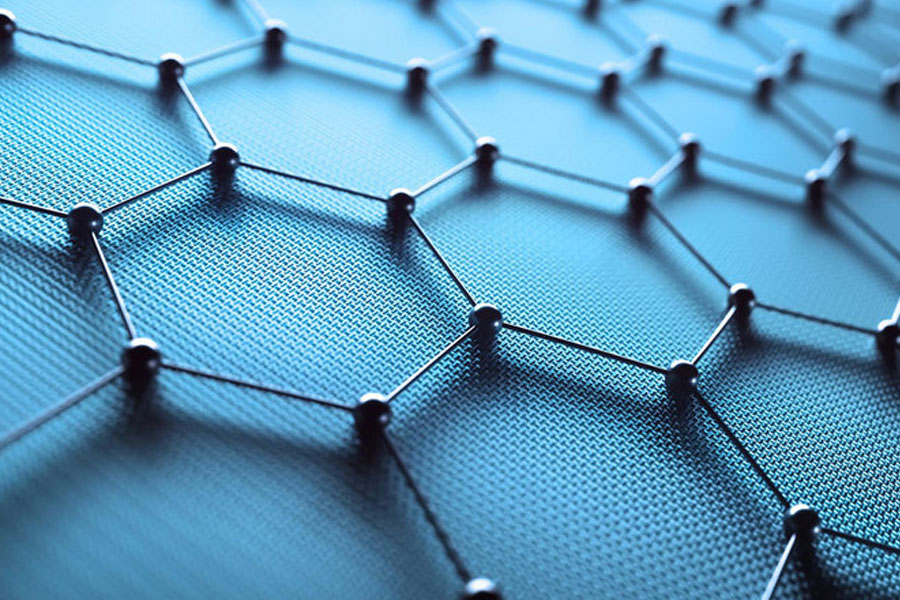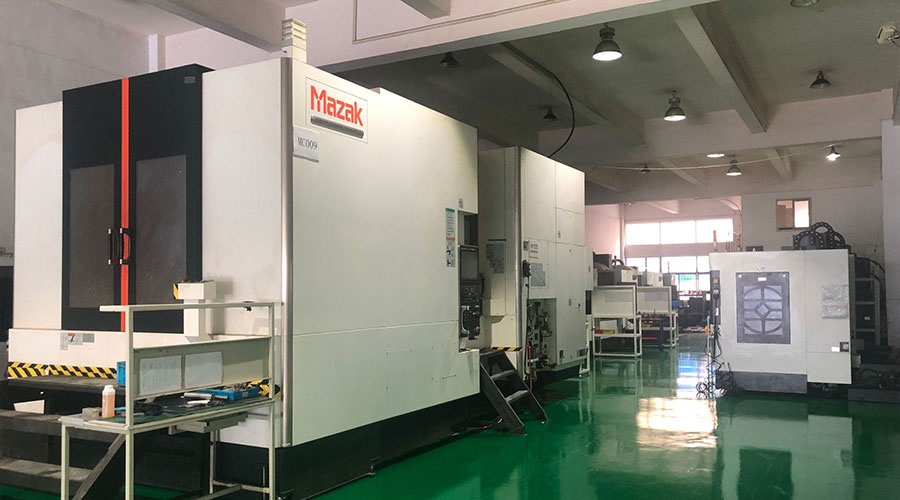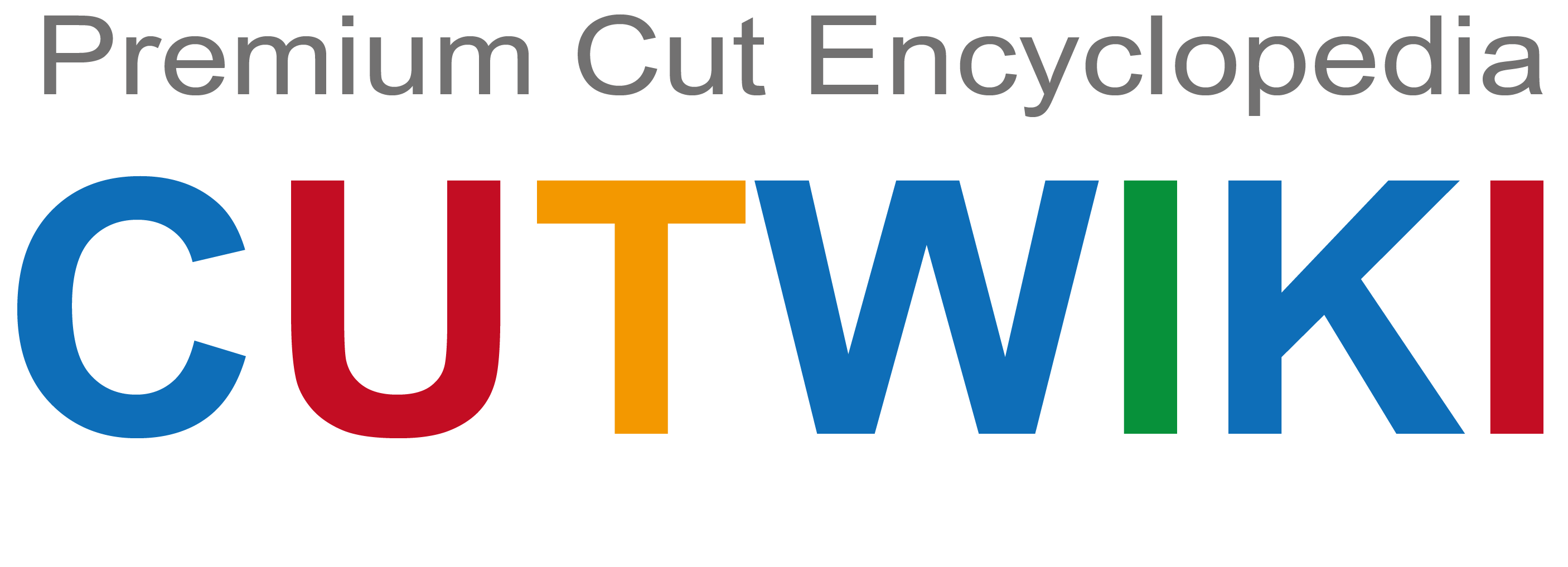
Preparation method of graphene plastic
The performance of graphene plastic (graphene modified plastic composite material) is inseparable from the processing conditions during its preparation. Different preparation methods lead to differences in the dispersion, interface effect and spatial structure of graphene in the matrix, and these factors determine the stiffness, strength, toughness and ductility of the composite material.
As far as the current research is concerned, for graphene plastics, the degree of dispersion of graphene and the degree of exfoliation of graphene sheets can be controlled by controlling the shear force, temperature and polar solvent.
The physical preparation methods of graphene plastics include solution mixing and melt blending. In terms of chemical methods, in-situ polymerization, emulsion mixing, and layer-by-layer self-assembly technology (LbL) are widely used.
Solution mixing method
The solution mixing method is to dissolve graphene materials (GO, RGO) in a solvent to prepare a suspended single-layer graphene, which is dispersed in the polymer matrix to the greatest extent. For example, the modified graphene oxide GO is dispersed in an organic solvent, reduced to obtain graphene RGO, and then solution blended with the polymer to form a composite material. The solution mixing method can better disperse the graphene in the polymer matrix. This method has been widely used because of its good dispersion effect, fast preparation speed and good control of the state of each component; however, this method requires the use of organic solvents, which will cause adverse effects on the environment.
Melt blending method
The melt blending method is a solvent-free preparation method that uses the shear force generated by the extruder to overcome the interfacial force to disperse the filler in the polymer melt. In melt blending, graphene and polymer are prepared separately, so the size and morphology of graphene are controllable, but graphene aggregates in the polymer matrix and is not easy to disperse, and the interface effect with the polymer is poor. The melt blending method is a relatively practical method for preparing graphene plastics. The process is relatively simple, and large-scale and low-cost preparation can be achieved. However, higher temperature and partial pressure will affect the stability of the components of the composite material.
In-situ polymerization
The “in-situ polymerization method” is to mix graphene with polymer monomers, and then add a catalyst to initiate the reaction to obtain a composite material. Through testing, it is found that this method does not destroy the thermal stability of the composite material, but the reaction conditions of the in-situ polymerization method are difficult to determine, and the addition of thermal additives will have an uncertain effect on the polymer.
Emulsion mixing method
The emulsion mixing method takes advantage of the good dispersibility of the surface-modified graphene in water. The dispersion is mixed with the polymer emulsion, and then the graphene/polymer composite is prepared by reduction. Compared with the melt blending method, the composite material prepared by the emulsion mixing method has better dispersion effect and dimensional stability, and the method does not use organic solvents and does not damage the environment.
Layer-by-layer self-assembly technology (LbL)
Layer-by-layer self-assembly technology (LbL) has advantages in the preparation of high-strength ultra-thin films, cell membranes and high-strength coatings. This technology can optimally adjust the graphene/polymer interface, so that the graphene is well dispersed.
Industrialization direction of graphene plastics
For the industrialization and research direction of graphene plastics, there are mainly five aspects of conductive/anti-static functional plastics, thermally conductive functional plastics, high-strength plastics, high gas barrier plastics, and ion selective transmission plastic films.
Conductive/anti-static functional plastic
Plastic itself is an insulating material with high surface resistivity, which limits its large-scale application in anti-static, conductive and other fields. Graphene has excellent electrical conductivity, and has a relatively large length and diameter. It can be filled into a plastic matrix to obtain a plastic with high conductivity and low percolation concentration.
Thermally conductive plastic
The thermal conductivity of plastic is very low, which limits its wide application in the field of heat conduction. The interface coupling between graphene and plastic and the thermal conductivity of graphene itself determine the thermal conductivity of graphene-modified plastics.
After graphene is added to the plastic, the thermal conductivity of the plastic can be increased from 0.1—0.5W/(m·K) to 5—10W/(m·K), which is increased by more than 10 times, so that the plastic can be applied to LED lamp heat sinks, automotive heat sinks, electronic and electrical heat sinks, and other fields, replace some common heat dissipation materials such as metal aluminum, promote the lightweight of devices, and expand the application field of plastics.
High-strength plastic
The mechanical strength of graphene is 100 times that of steel, which can greatly improve the mechanical properties of plastics. Ordinary foam EPS has low mechanical strength, which limits some of its application areas.
Graphene is added as an additive to EPS, and its mechanical strength is increased by more than 2 times. At present, graphene has been applied in the field of foamed plastics, and it is used in packaging, military and other fields. It also uses the high-strength properties of graphene to develop a new type of graphene car, using graphene composite plastic as the car’s skeleton and structural parts, which greatly reduces the weight of the car and saves energy.
High gas barrier plastic
Graphene is a two-dimensional sheet structure material with a large specific surface area and excellent barrier properties to gas molecules. After being added to plastics, the formed network structure provides a curved channel for gas diffusion and extends the gas diffusion path , Can greatly improve the gas barrier properties of plastics. In the field of plastic sealing, adding graphene can develop plastic sealing rings and seals that can withstand a certain pressure.
Ion selective transmission plastic film
Different groups can be added after graphene surface modification, and smart materials can be made through the selection and arrangement of specific groups. For example, a membrane that can permeate water but not oil can realize oil-water separation and be used in oil pollution treatment and other fields. Membranes that can permeate water but not metal ions are used in industrial sewage treatment, seawater desalination, salt chemical industry and other fields.
Link To This Article: The Preparation Method And Industrialization Direction Of Graphene Plastic
Reprint Statement: If there are no special instructions, all articles on this site are original. Please indicate the source for reprinting:https://www.cncmachiningptj.com/,thanks!
 PTJ – As an accomplished China CNC machining company and CNC shop, PTJ Hardware Co., Ltd has been specialized in OEM CNC lathing, custom CNC machining parts production and rapid CNC machining services China for over 12 years and always maintaining the highest standard in delivery speed and reliable quality of precision CNC manufacturing components. With the help of high-level technology and efficient equipment, as well as rigorous attitude, we passed the ISO9001:2015 quality certification, which supports the long-term development of PTJ CNC milling services, CNC turning services, CNC milling-turning, CNC drilling services, 3/4/5 axis machining, swiss machining services, CNC machining China custom parts and service, small parts machining, etc. PTJ professional CNC parts machining involves CNC metal parts manufacturing, plastic CNC machining, and some difficult materials. Our CNC machining products can be utilized in a broad range of industries..PTJ will strategize with you to provide the most cost-effective services to help you reach your target,Welcome to Contact us ( [email protected] ) directly for your new project.
PTJ – As an accomplished China CNC machining company and CNC shop, PTJ Hardware Co., Ltd has been specialized in OEM CNC lathing, custom CNC machining parts production and rapid CNC machining services China for over 12 years and always maintaining the highest standard in delivery speed and reliable quality of precision CNC manufacturing components. With the help of high-level technology and efficient equipment, as well as rigorous attitude, we passed the ISO9001:2015 quality certification, which supports the long-term development of PTJ CNC milling services, CNC turning services, CNC milling-turning, CNC drilling services, 3/4/5 axis machining, swiss machining services, CNC machining China custom parts and service, small parts machining, etc. PTJ professional CNC parts machining involves CNC metal parts manufacturing, plastic CNC machining, and some difficult materials. Our CNC machining products can be utilized in a broad range of industries..PTJ will strategize with you to provide the most cost-effective services to help you reach your target,Welcome to Contact us ( [email protected] ) directly for your new project.
Link to this article:The Preparation Method And Industrialization Direction Of Graphene Plastic
Reprint Statement: If there are no special instructions, all articles on this site are original. Please indicate the source for reprinting.:Cut Wiki,Thanks!^^
